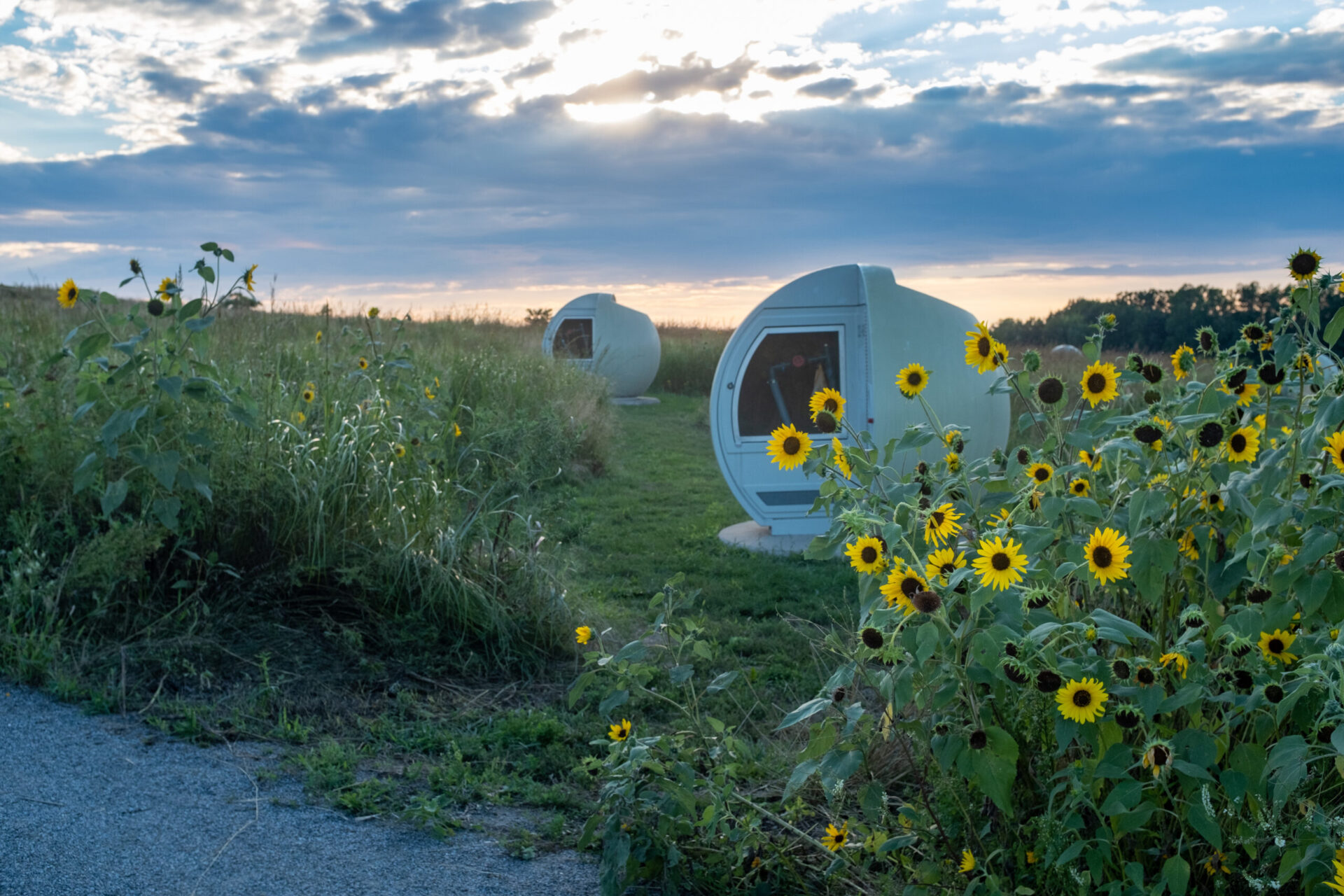
Modern landfill sites across Québec capture the biogas produced by decomposing waste and use it as an energy source, but some residual or leak emissions continue to release methane into the air. As we all know, this powerful greenhouse gas is a major contributor to global warming.
Alexandre R. Cabral, a professor in the Department of Civil and Building Engineering at the Université de Sherbrooke, has been working for several decades on biofilters to tackle this problem. As part of the Visage municipal program launched by the FRQ in April 2021, the City of Montreal approached the researcher to design a biofilter for the Saint-Michel environmental complex (CESM). The problem: a crack in the rock of the former Miron quarry was leaking biogas into the surrounding neighbourhoods, posing a nuisance to the public and a risk of explosion.
The researcher and his team launched a biofilter pilot project at the CESM site. The principle was relatively simple: provide a habitat made up of various materials (compost, wood chips, sand, gravel, etc.) for bacteria that “feed” on methane, transforming it into CO2, which has a global warming potential 86 times lower than methane over a 20-year period.
The results were highly encouraging: after 14 months, the bacteria had reduced methane emissions by 96%. Scaled up on the CESM site, even a biofilter with only 70% efficiency would reduce the City of Montreal’s emissions by 2%.
Not stopping there, the researcher wanted to develop a way of continuously monitoring emissions recovery to verify the system’s efficiency, an important step for obtaining carbon credits. At present, such measurements are taken all over the world on an ad hoc basis; however, this type of monitoring, carried out using drones, aircraft or satellites, is not suited to landfill sites.
At a time when landfills are the world’s third largest source of methane emissions, biofilters open up new prospects for addressing this major problem.
References
Almeida, J.L., Dumouchel, J., Santos, J.J.N., Dulac, Y., Héroux, M., et Cabral, A.R. (2024). Construction, monitoring, and efficiency of a biofilter treating a high flow, lean, landfill gas. Elsevier, Waste Management, vol. 190, 455-464. doi.org/10.1016/j.wasman.2024.10.007
Dulac, Y., Nelson, B.R., Zytner, R.G., et Cabral, A.R. (2024). Validation of a methane oxidation biosystem design methodology using numerical modeling. Frontiers In Environmental Science, vol. 12. doi.org/10.3389/fenvs.2024.1397134
Nelson, B., Zytner, R.G., Dulac, Y., et Cabral, A.R. (2022). Mitigating fugitive methane emissions from closed landfills: a pilot-scale field study. Présenté à Elsevier, Science of the Total Environment (STOTEN), vol. 851. doi.org/10.1016/j.scitotenv2022.158351
